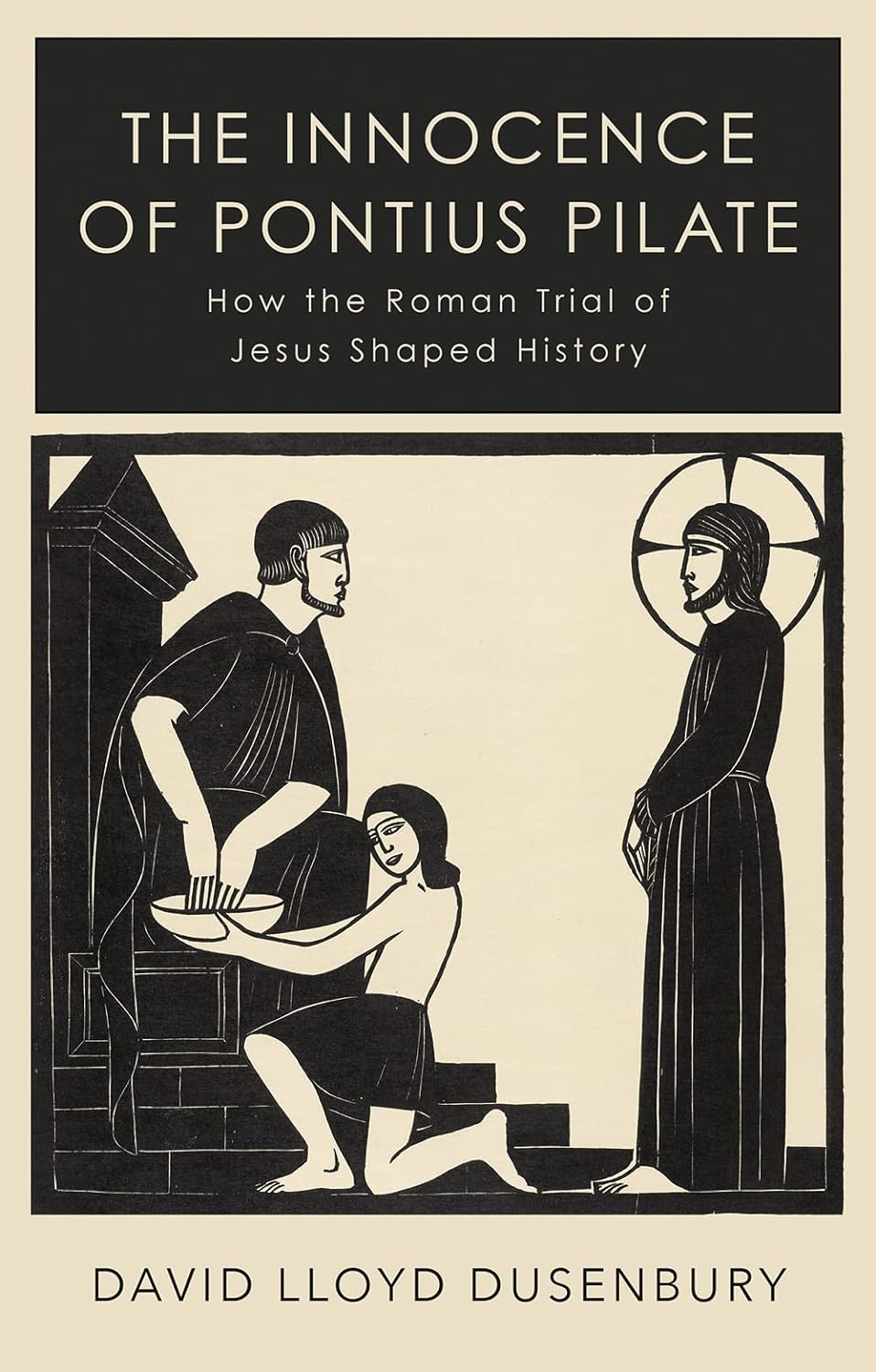
Categorii: Necatalogate
Limba: Engleza
Data publicării: 2023
Editura: C Hurst & Co Publishers
Tip copertă: Paperback
Nr Pag: 448
ISBN: 9781805260288
Dimensiuni: l: 13.8cm | H: 21.6cm | 0.1cm | 50g

"With the killing of the Jews I had nothing to do. I never killed a Jew, or a non-Jew, I just did not do it."1 These are the words of Adolf Eichmann, a Nazi war criminal captured by the state of Israel in 1961. At his highly publicized trial, he was tried for three crimes: membership of criminal organizations, crimes against humanity, and crimes against the Jewish people.2 His central attempt at defense was just what the quote said; he had never killed anyone, nor was he directly responsible for the death of anyone, Jewish or not. This is something that philosophers and historians alike have wrestled with. While many of those responsible for the Holocaust were deeply racist, sadistic, antisemitic individuals, many were not, and were instead cogs in a violent machine of racism and murder. Hannah Arendt's work Eichmann in Jerusalem popularized this discussion of diffusion of responsibility and guilt in the Holocaust. At the time, with the stance being taken by his defense at the trial, it is obvious why Arendt viewed Eichmann in the way she did. Philosopher Susan Neiman wrote describing Arendt's perspective, "Arendt's account was crucial in revealing what makes Auschwitz emblematic for contemporary evil. It showed that today, even crimes so immense that the earth itself cries out for retribution are committed by people with motives that are no worse than banal."3 Eichmann was not banal in his evil, nor is he someone who can hide his guilt behind the guise of diffused responsibility. Nevertheless, the problems brought up by his trial and perception of it are very worth considering. How should the diffusion of responsibility and non-violent and unintentional participation in the Holocaust be viewed? How should those individuals be perceived in terms of guilt and culpability?